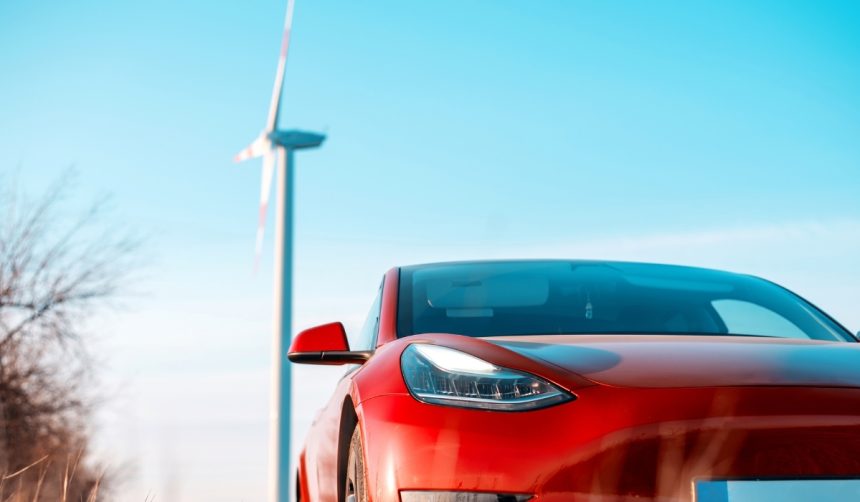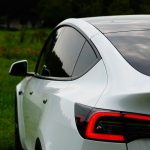Elon Musk’s recent announcement offers a glimpse into Tesla‘s strategic direction, with plans to extend its Robotaxi platform to Saudi Arabia. In a statement at the Saudi-U.S. Investment Forum, Musk shared his vision of autonomous vehicles reaching the Kingdom. His comments come amid advancements in Tesla’s Full Self-Driving technology and other international endeavors, hinting at a broader ambition to cement Tesla’s footprint on a global scale, including in emerging markets. The implication for existing Tesla customers and potential new markets like Saudi Arabia is profound, suggesting a shift towards a more autonomous vehicle landscape worldwide.
With its expected entry into the Saudi market, Tesla’s global aspirations become clearer. This announcement follows an earlier debut of Tesla’s autonomous technology in China. Despite Musk not specifying a timeframe, this potential expansion aligns with Tesla’s earlier milestones, such as the introduction of Full Self-Driving to new countries. Regulatory challenges remain a concern, seen previously in Europe, where Tesla awaits clearance from EU agencies. Such transitions underscore the complex dynamics of launching autonomous vehicles across different regulatory landscapes.
What Does Robotaxi Mean for Saudi Arabia?
The entry of Robotaxi into Saudi Arabia could signify a shift in how mobility solutions are perceived and engaged with within the Kingdom. By relocating the service to Saudi Arabia, Tesla is looking to capitalize on emerging markets that are eager for innovations in transportation infrastructure. This move is consistent with a strategy to integrate Tesla’s technology within the Kingdom’s evolving economic framework and demonstrates Saudi Arabia’s readiness to engage with future-oriented technology.
How Is Tesla Advancing Its Full Self-Driving Suite?
Tesla is gradually progressing its Full Self-Driving suite, expanding its reach into key international markets. The suite is now operational in China, and the company is attending to regulatory measures for its European launch later this year. The move into Saudi Arabia reflects a continuity of Tesla’s strategy, where vehicles equipped with unsupervised Full Self-Driving may operate, contingent on collaboration with local authorities to first roll out a supervised iteration.
Will Tesla’s Middle East Relationship Propel Progress?
Tesla’s relationship with the Middle East is crucial to its regional aspirations. Most recently, the company’s release of the Cybertruck in Saudi Arabia, along with authorization for Starlink’s maritime and aviation applications, underscores a strengthening collaborative bond. Such engagements indicate that Tesla might leverage its regional partnerships to foster advancement in autonomous vehicle infrastructures. Through its expanding presence and tailored strategies, Tesla intends to contribute to and shape future automotive trends within the region.
Tesla continues to advance its presence globally, leveraging technology and strategic partnerships, including connections in the Middle East. This latest expansion into Saudi Arabia positions the company to unlock emerging markets and meet rising demand for autonomous transportation. These initiatives could enable Tesla to broaden public acceptance of autonomous vehicles, although regulatory challenges persist. As Tesla navigates these frameworks, its willingness to adapt signals potential for further collaboration in similar international endeavors. The implications for future mobility in diverse markets might be significant, paving the way for Tesla’s signature approach to transportation innovation.
- Elon Musk confirms Tesla’s Robotaxi expansion into Saudi Arabia.
- Tesla’s global strategy advances with recent China debut and EU challenges.
- Tesla strengthens Middle East ties, launching Cybertruck and Starlink initiatives.










